
The secretary-general of the United Nations is the chief administrative officer of the United Nations and head of the United Nations Secretariat, one of the six principal organs of the United Nations.
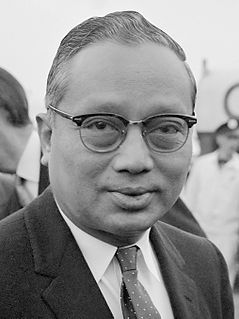
Thant, known honorifically as U Thant, was a Burmese diplomat and the third secretary-general of the United Nations from 1961 to 1971, the first non-Scandinavian to hold the position. He held the office for a record 10 years and one month.

The United Nations Emergency Force (UNEF) was a military and peacekeeping operation established by the United Nations General Assembly to secure an end to the Suez Crisis of 1956 through the establishment of international peacekeepers on the border between Egypt and Israel. Approved by resolution 1001 (ES-I) of 7 November 1956, UNEF was developed in large measure as a result of efforts by UN Secretary-General Dag Hammarskjöld and a proposal from Canadian Minister of External Affairs Lester B. Pearson, who would later win the Nobel Peace Prize for it. The General Assembly had approved a plan submitted by the Secretary-General which envisaged the deployment of UNEF on both sides of the armistice line; Egypt accepted receiving the UN forces, but Israel refused it. In May 1967, Egypt asked that UNEF leave Egypt; as the troops started to evacuate over the next days, Israel invaded Egypt on 6 June 1967, initiating the Six-Day War and causing the death of one Brazilian Sergeant and 14 Indian peacekeepers – 17 other members of UNEF were also injured. The last member of UNEF left Egypt on 17 June.
Thant Myint-U is an American-born Burmese historian, writer, grandson of former United Nations Secretary-General U Thant, former UN official, and former special adviser to the president for the peace process. He has authored five books, including The River of Lost Footsteps: A Personal History of Burma and Where China Meets India: Burma and the New Crossroads of Asia. He founded the Yangon Heritage Trust in 2012 to protect colonial architecture and lobby for urban planning in the Burmese capital Yangon.
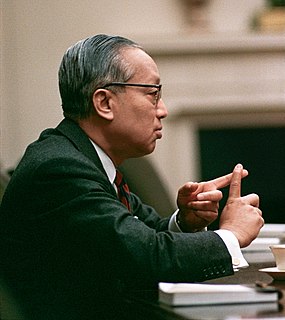
United Nations Security Council Resolution 168 was adopted on November 3, 1961. After Secretary-General Dag Hammarskjöld was killed in a plane crash, the Security Council met to select his successor. The Council recommended to the General Assembly that Burmese diplomat U Thant be appointed as acting Secretary-General for the remainder of rest of Hammarskjöld's term.

United Nations Security Council Resolution 227, adopted on October 28, 1966 in a closed meeting, recommended to the General Assembly that pending consideration by the Council it extend the appointment of U Thant as Secretary-General of the United Nations until the end of the 21st regular session of the General Assembly.

United Nations Security Council Resolution 228, adopted on November 25, 1966, after hearing statements from representatives of Jordan and Israel as well as a report from the Secretary-General U Thant concerning the military action, the Council observed that this incident constituted a large-scale and carefully planned military action against Jordanian territory by the armed forces of Israel.
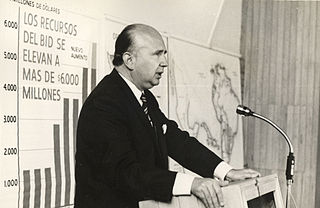
Felipe Herrera Lane was a Chilean economist, lawyer, academic and political socialist. He served as the first president of the Inter-American Development Bank, where he gained a reputation as a "developmentalist."

United Nations Security Council resolution 970, adopted on 12 January 1995, after reaffirming all resolutions on the situation in Bosnia and Herzegovina in particular Resolution 943 (1994) concerning the border closure between the Federal Republic of Yugoslavia and Bosnia and Herzegovina, the Council decided that measures in that resolution would be suspended for a further period of 100 days.

United Nations Security Council Resolution 1715, adopted by acclamation at a closed meeting on October 9, 2006, having considered the question of the recommendation for the appointment of the eighth Secretary-General of the United Nations, the Council recommended to the General Assembly that Mr. Ban Ki-moon of South Korea be appointed for a term of office from January 1, 2007, to December 31, 2011.
Indonesia officially became the 60th member of the United Nations on 29 September 1950, in accordance with the United Nations Security Council Resolution 86 two days before, and the United Nations General Assembly resolution number A/RES/491 (V) on the "admission of the Republic of Indonesia to membership in the United Nations", less than one year after the independence of Indonesia's by the Netherlands at the Dutch–Indonesian Round Table Conference in the Hague.

An independence survey was held in the Persian Gulf island nation of Bahrain during 1970. The survey, took the form of a United Nations poll on whether islanders preferred independence or Iranian control. The report of the Personal Representative of the Secretary-General on the consultation stated that "the overwhelming majority of the people of Bahrain wish to gain recognition of their identity in a full independent and sovereign State free to decide for itself its relations with other States".
United Nations Secretary-General selection is the process of selecting the next secretary-general of the United Nations. To be selected as secretary-general, a candidate must receive the votes of at least nine members of the United Nations Security Council, with no vetoes from permanent members. The secretary-general is then appointed by a majority vote of the United Nations General Assembly.
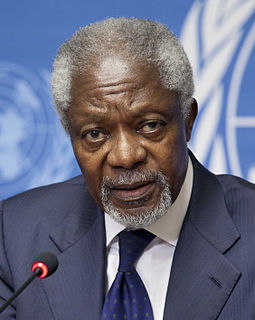
A United Nations Secretary-General selection was held in 1996 at the end of Boutros Boutros-Ghali's first term. Boutros-Ghali ran unopposed for a second term and received the support of 14 of the 15 members of the United Nations Security Council. However, the United States vetoed his re-selection and eventually forced him to withdraw his candidacy.

A United Nations Secretary-General selection was held in 1971 to succeed U Thant, who was stepping down after two full terms. Three candidates received enough votes in the Security Council to be selected Secretary-General: Carlos Ortiz de Rozas of Argentina, Kurt Waldheim of Austria, and Max Jakobson of Finland. However, all of the frontrunners were vetoed in the first two rounds of voting. In the third round, Waldheim accidentally escaped a triple-veto when three permanent members failed to coordinate their votes and all abstained. As a result, Kurt Waldheim was selected Secretary-General of the United Nations for a term starting 1 January 1972.

A United Nations Secretary-General selection was held in 1961 to replace Dag Hammarskjöld after he was killed in a plane crash. After initial Soviet attempts to replace the secretary-general with a troika, it was agreed that an acting secretary-general would be appointed for the remainder of Hammarskjöld's term. Within two weeks, U Thant of Burma emerged as the only candidate who was acceptable to both the Soviet Union and the United States. However, the superpowers spent another four weeks arguing over the number of assistant secretaries-general, before finally resolving their dispute by allowing Thant to decide for himself. Thant was then voted in unanimously for a term ending on 10 April 1963.
The “Namibia exception” identifies the Advisory Opinion issued on 21 June 1971 by the International Court of Justice (I.C.J), the principal judicial organ of the United Nations (UN). The opinion refers to the "Legal Consequences for States of the Continued Presence of South Africa in Namibia notwithstanding Security Council Resolution 276 (1970)".
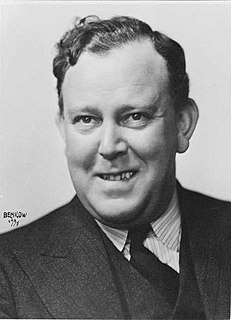
The United Nations Secretary-General selection of 1950 took place as the Cold War turned hot in the Korean War. The Soviet Union vetoed Trygvie Lie's second term and offered to vote for any other candidate. However, the United States insisted that Lie had to continue in office as Secretary-General, pressuring its allies to abstain on all other candidates. When a Latin American candidate appeared to have enough votes to win, the United States threatened to use its veto for the first time. After a second round of voting with no candidates receiving the required majority, the Security Council informed the General Assembly that it had been unable to agree on a recommendation. The General Assembly then extended Lie's term for three years.
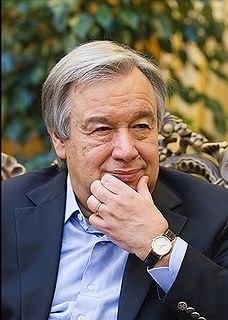
A United Nations Secretary-General selection was held in June 2021 to choose the Secretary-General of the United Nations. Incumbent Antonio Guterres was the only official candidate for the position. On June 8, 2021, Guterres was unanimously recommended by the United Nations Security Council (SC) for a second term at the helm of the organisation. His re-election was ratified by the United Nations General Assembly (GA) by acclamation on June 18, 2021, without a vote. Guterres commenced his second term on 1 January 2022.
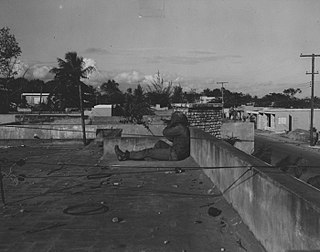
The Mission of the Representative of the Secretary-General in the Dominican Republic (DOMREP) was a peacekeeping operation established in 1965 by the UN to observe the ceasefire agreement between the two de facto authorities in the Dominican Republic during the Dominican Civil War. Troops were instructed to report any breaches of the agreements between the Constitutionalists led by Juan Bosch and Francisco Caamaño, and Loyalists commanded by Elías Wessin y Wessin and backed by the United States. Once the new Dominican constitutional government was formed, DOMREP withdrew.













